Description
What Do Corrosion Probe Do?
An EMT Corrosion Probe is a specialized sensor designed to monitor and measure the rate of corrosion in industrial equipment, pipelines, storage tanks, and other metal structures. By continuously tracking corrosion levels, it enables industries to detect material deterioration over time. This allows companies to take preventive measures to avoid failures, leaks, and expensive repairs.
Components
- Probe
The probe is the core element responsible for detecting and measuring corrosion levels, as well as monitoring environmental variations in industrial settings. Typically, it is installed in pipelines, tanks, or other structures where corrosion monitoring is essential. By continuously providing real-time data on material degradation, the probe enables industries to evaluate infrastructure conditions more accurately. As a result, companies can make proactive maintenance decisions, helping to prevent costly repairs and system failures. - Plug Assembly
Acting as a secure connection point, the plug assembly ensures a reliable interface between the corrosion probe and the monitoring system. In addition to this primary function, it plays a crucial role in maintaining system integrity by not only preventing leaks but also facilitating stable data transmission. As a result, the plug assembly enhances the overall efficiency and reliability of the corrosion monitoring system. - Probe Adapter
The probe adapter of the corrosion probe enables seamless integration of the probe into various monitoring configurations. It enhances system compatibility and flexibility, allowing the corrosion monitoring setup to function efficiently across different industrial environments. - Base/Flange
This component provides a sturdy mounting structure for the probe and its associated parts. It ensures proper installation and positioning, which is essential for accurate data collection. Additionally, the flange helps maintain system pressure and structural stability. - Protective Cover
Designed to shield the probe and other sensitive elements, the protective cover prevents damage from environmental factors like dust, moisture, and mechanical impact. This added protection enhances the durability and reliability of the system, ensuring consistent performance even in harsh industrial conditions. - Wireless TransmitterThe wireless transmitter in the EMT system serves two primary functions:
- Data Collection: It gathers information related to corrosion, including material loss and environmental conditions.
- Data Transmission: Unlike certain other corrosion probes that may require separate components for these tasks, the EMT system combines both functions within a single wireless transmitter. This integration eliminates the need for manual data retrieval and enhances efficiency by transmitting data to remote monitoring systems in real time.
- Portable Data Logger
The portable data logger is a tool for storing and retrieving corrosion-related information. It enables technicians to access and analyze data on-site without requiring a continuous connection to a central system. This capability enhances operational flexibility, allowing field personnel to review historical data and identify trends efficiently.
Conclusion to Corrosion Probe Components
Each component of the EMT corrosion probe plays a vital role in creating a comprehensive corrosion monitoring system. The probe serves as the foundation by detecting material degradation, while the wireless transmitter enhances efficiency by automating both data collection and transmission. Additionally, the portable data logger provides flexibility by enabling on-site analysis, allowing field personnel to access and interpret data without needing a continuous connection to a central system.
Furthermore, supporting elements such as the plug assembly, adapter, base/flange, and protective cover work together to ensure the system’s reliability, longevity, and seamless operation in industrial environments. By integrating these components, the EMT corrosion probe delivers a robust, efficient, and user-friendly solution for corrosion monitoring.
Selection Model of ER Corrosion Probe
| Model | |||||||||||||||
| ECP | Electrical Resistance Probes | ||||||||||||||
| -Code | Plug | ||||||||||||||
| Type | Material | Sealing material | |||||||||||||
| 0 | Not Required | 0 | Carbon steel | 0 | Not Required | ||||||||||
| 1 | Hollow plug | 1 | 316 stainless steel | 1 | Fluorine rubber sealing ring/PTFE main seal | ||||||||||
| 2 | 316L stainless steel | 2 | HNBR | ||||||||||||
| 3 | F51 duplex stainless steel | ||||||||||||||
| Pxxx | 4 | INCONEL nickel based alloy | |||||||||||||
| -Code | Temperature and pressure gauge assembly | ||||||||||||||
| Txxx | Connection size | Body material | Temperature and pressure gauge material | ||||||||||||
| 0 | Not Required | 0 | 304 stainless steel | 0 | Not Required | ||||||||||
| 1 | 1/2″ | 1 | 316 stainless steel | 1 | 304 stainless steel | ||||||||||
| 2 | 3/4″ | 2 | 316L stainless steel | 2 | 316 stainless steel | ||||||||||
| 3 | F51 duplex stainless steel | ||||||||||||||
| -Code | Probe assembly | ||||||||||||||
| Dxx | Connection size | Body material | Pipeline specification (x ″) | ||||||||||||
| 0 | Not Required | 0 | Carbon steel | Probe length varies with pipeline specifications | |||||||||||
| ‐Lx″ | 1 | 1/4″ | 1 | 304 stainless steel | |||||||||||
| 2 | 1/2″ | 2 | 304L stainless steel | ||||||||||||
| 3 | 316 stainless steel | ||||||||||||||
| 4 | 316L stainless steel | ||||||||||||||
| 5 | F51 duplex stainless steel | ||||||||||||||
| Example: ECP-P121-T021-D02-L6 “ | |||||||||||||||

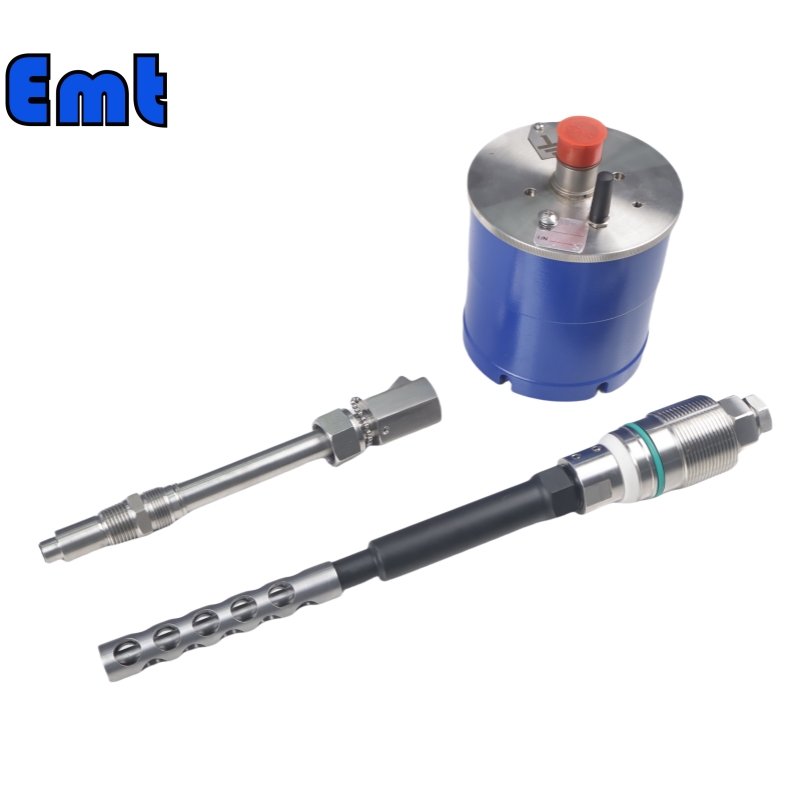
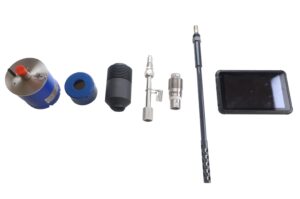
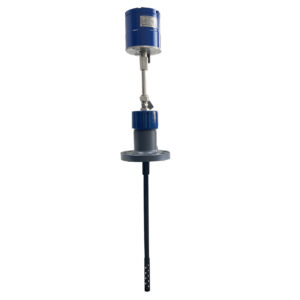
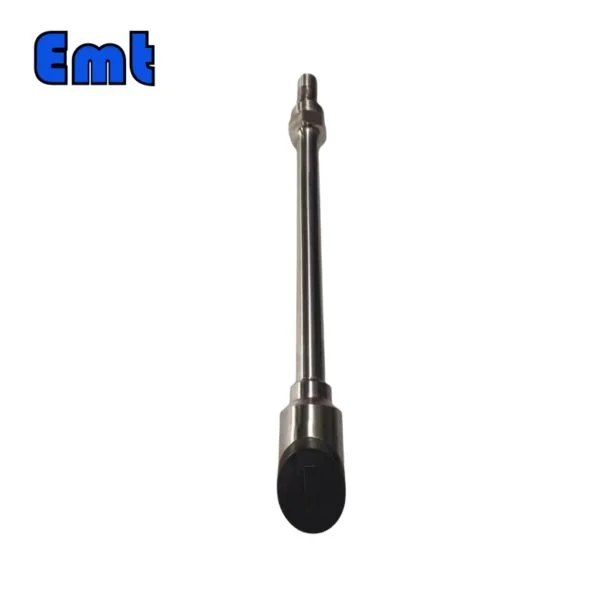
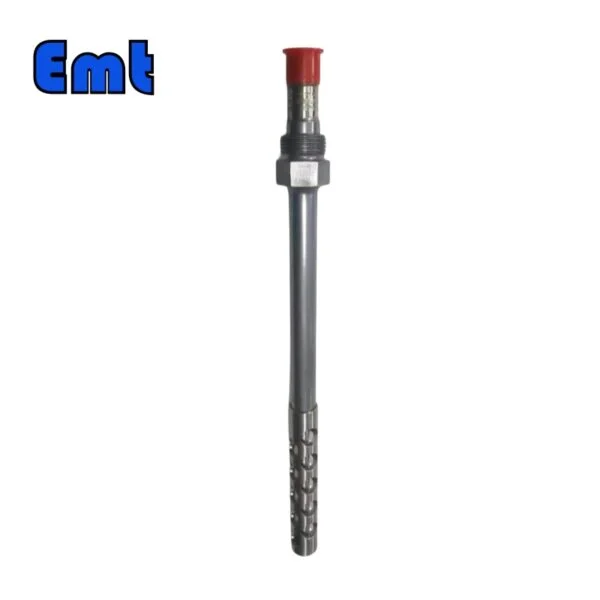
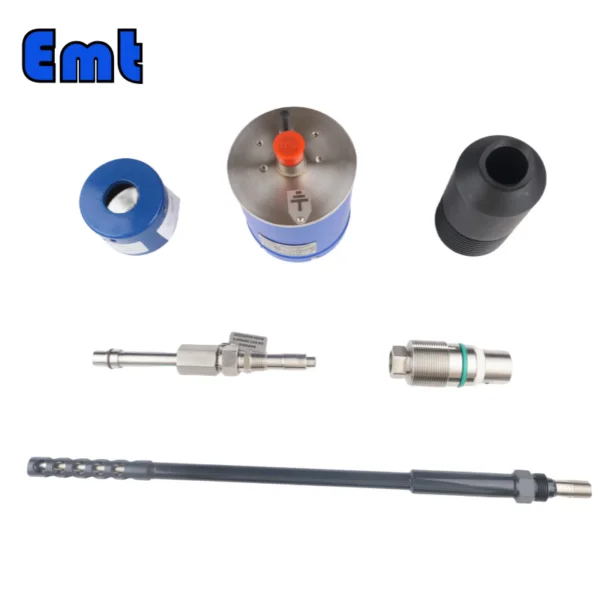
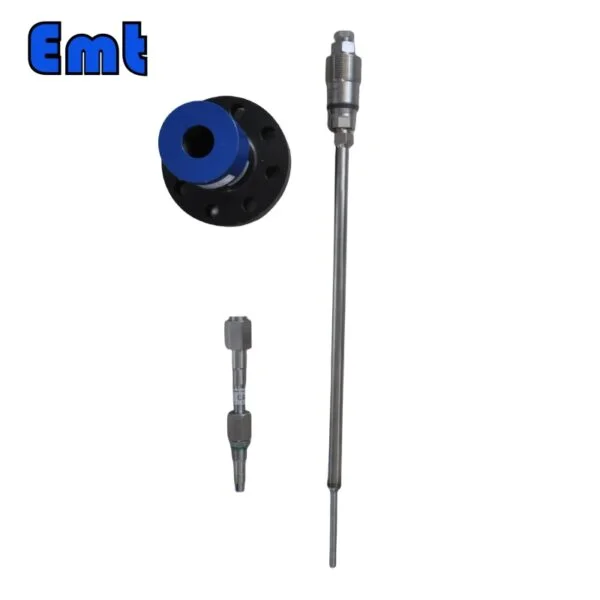
Reviews
There are no reviews yet.